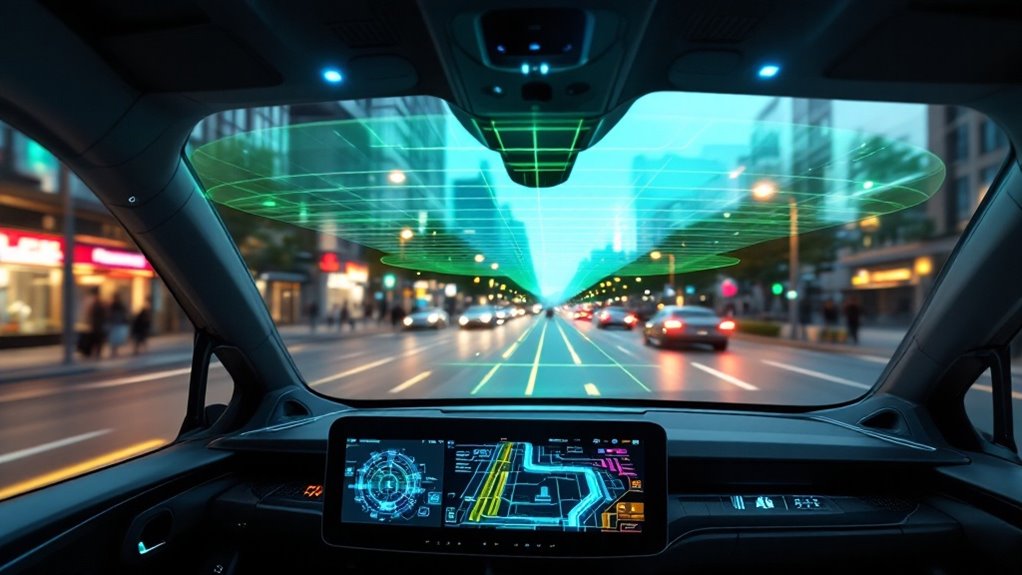In 2025, IBM is making the most noise with its 127-qubit Eagle processor—think Tony Stark but for quantum chips. Google still claims the “quantum supremacy” crown, while Microsoft, Intel, and Amazon hustle in the background, racing to bake quantum magic into real-world tools (and maybe your next coffee maker). Each giant has its own style: IBM’s Qiskit for would-be quantum wizards, Azure Quantum for cloud folks, AWS trying “quantum for rent”—sounds wild, right? Want the inside scoop on each contender?
Even if the phrase “quantum leap” makes you roll your eyes, there’s no denying that quantum computing is actually taking a few in 2025—awkward, wobbly steps maybe, but steps nonetheless. The race for quantum dominance is a little less Iron Man and a lot more “who has the least error-prone qubits?” but it’s a race all the same, with some very familiar tech giants elbowing for the lead.
IBM, for instance, is strutting its stuff with bespoke quantum processors like Hummingbird (65 qubits) and Eagle (127 qubits). These aren’t just fancy bird names—they represent real progress, even if the average human can’t exactly plug in and run Fortnite on them. IBM also provides Qiskit, an open-source toolkit that lets researchers and developers around the world experiment with quantum algorithms and hardware. Thought leaders in quantum computing, highlighted annually by platforms like Thinkers360, play a crucial role in shaping how these advancements are understood and adopted by the broader tech community.
IBM is flaunting its quantum feathers with Hummingbird and Eagle—real progress, even if you can’t game on them yet.
Meanwhile, Google Quantum AI is in hot pursuit, pushing boundaries with quantum algorithms and hardware that make classical CPUs look like dial-up modems.
Microsoft’s approach? Classic Microsoft: bake it into the cloud and call it Azure Quantum. They’re betting on real-world applications, so if you ever wanted to optimize your supply chain with Schrödinger’s cat, here’s your shot.
Intel, never one to be left out, is working on hardware that someday could slide quantum computing into your everyday devices… well, if “someday” means “not quite yet, but we’re working on it.”
Amazon, of course, is offering quantum as a service. Because why own a quantum computer when you can rent one with one-click ordering? Expect AWS to let you experiment with quantum algorithms between Prime deliveries.
The hardware landscape is almost as wild as the company roster:
- Superconducting qubits (IBM/Google): fast, but noisy.
- Trapped ions (IonQ): slower, but more stable.
- Neutral atoms (QuEra): trending, kind of like vinyl records.
- Quantum annealing (D-Wave): niche, but effective for optimization problems.









